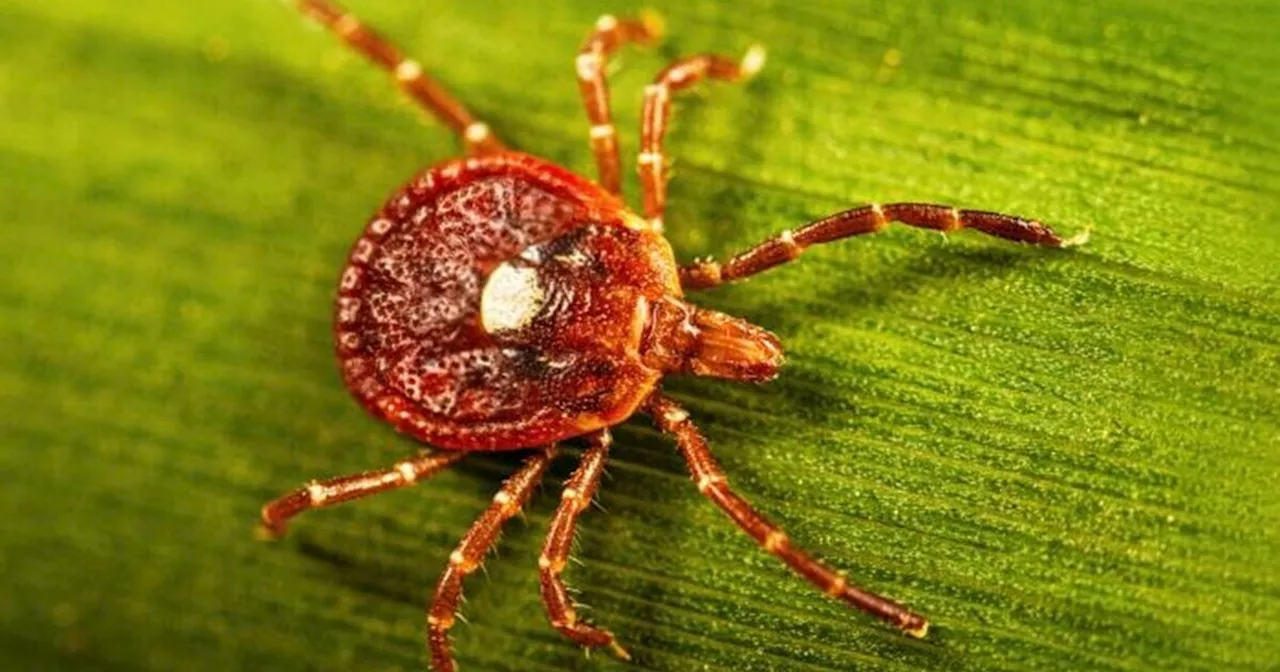Researchers have reported the first known death attributed to alpha-gal syndrome, a severe allergy to red meat linked to bites from lone star ticks. The case involves a 47-year-old pilot from New Jersey who tragically succumbed after consuming a hamburger at a barbecue in 2024. This incident highlights the growing concerns surrounding tick-borne allergies and their potentially fatal outcomes.
The findings were published by researchers at the University of Virginia School of Medicine, detailing the pilot’s unfortunate experience. Approximately four hours after eating the hamburger, he fell ill and was later discovered unconscious in a bathroom by his son. Despite immediate medical care, he was pronounced dead at a local hospital. The autopsy indicated a cause of death classified as a sudden unexplained event, emphasizing the unpredictable nature of alpha-gal syndrome.
According to the pilot’s wife, he had previously experienced discomfort after consuming red meat, with symptoms including abdominal pain, nausea, and vomiting. These episodes were initially mistaken for food poisoning, revealing the challenges in recognizing and diagnosing this condition. Notably, prior to the fatal incident, the pilot had similar symptoms after eating steak, yet no medical consultation followed.
A blood sample taken posthumously indicated an allergic reaction, while further investigation confirmed multiple bites from lone star ticks, which are known to transmit the alpha-gal allergy. These bites, initially thought to be chigger bites, likely played a crucial role in the development of the allergy. The alpha-gal molecule, a sugar found in mammals, triggered a severe immune response when the pilot consumed red meat, ultimately leading to his death.
The Centers for Disease Control and Prevention (CDC) has reported a significant increase in alpha-gal syndrome cases, estimating that as many as 450,000 individuals may be affected. This figure far exceeds the number of confirmed diagnoses, highlighting the delayed recognition of the condition and the lack of awareness among healthcare professionals and patients alike.
Experts underscore the role of lone star ticks in the burgeoning prevalence of alpha-gal syndrome, attributing this rise to environmental changes that have expanded the ticks’ geographic range. The CDC’s findings suggest that the number of cases is likely underestimated, further stressing the need for increased public awareness and proactive diagnostic measures.
Alpha-gal syndrome, also known as red meat allergy, is characterized by allergic reactions to the alpha-gal sugar. The symptoms can often mirror those of gastrointestinal disorders, such as diarrhea, nausea, and abdominal pain. The American Gastroenterological Association recommends testing for the syndrome in patients who present with unexplained gastrointestinal symptoms.
To combat the spread of alpha-gal syndrome, preventative measures are crucial. Experts advise the use of insect repellent, protective clothing, and avoidance of tick habitats. Following a tick bite, prompt removal is essential, and preserving the tick in a plastic bag can assist medical professionals in identifying its species and any associated diseases.
Currently, no vaccine exists for alpha-gal syndrome. The primary method of management involves dietary changes, specifically eliminating red meat from one’s diet. The tragic death of the New Jersey pilot serves as a stark reminder of the potential severity of this allergy and the critical importance of early detection and management.
This report emphasizes the urgent need for enhanced understanding of alpha-gal syndrome, its triggers, and effective strategies for both prevention and treatment. As the number of cases continues to rise, addressing this public health concern becomes increasingly vital.







